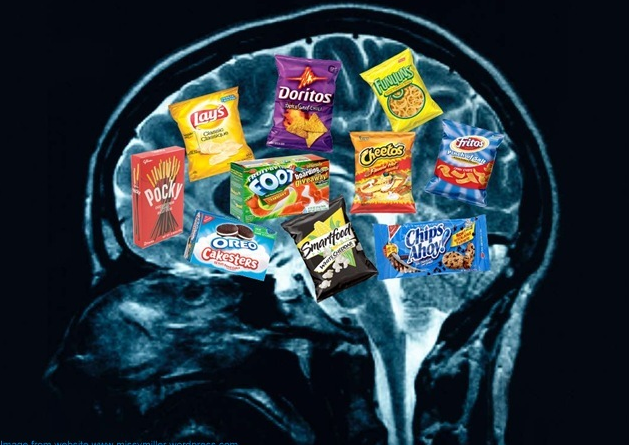Taming Holiday Temptations after Bariatric Surgery
November marks the arrival of pumpkin and sweet potato pies, egg nog, homemade breads, and a bevy of other tempting culinary delights that will tempt you on your weight loss surgery. You can follow an approved bariatric diet while spending time with friends and family, celebrating thankfulness this holiday season.
While the average American gains between five and ten pounds between Thanksgiving and New Year’s Eve, this time of year can also sabotage the diets of those who have undergone Lap-Band and Gastric Bypass surgeries. This is especially true for those who are in their second year post bariatric surgery, as they can tolerate larger amounts of food without becoming sick.
You will be glad to know that there are several helpful holiday hints for those who have undergone weight loss surgery to stay on track with weight loss goals. Simple and easy to follow, these tips will keep you on the path to a healthier body and lifestyle.
Don’t leave the house hungry!
Be sure to eat several small and healthy meals daily, never leaving the house hungry. If you are going to be gone for a while, pack a protein bar or shake so you don’t feel starved.
Consume protein first
If you’ve had bariatric surgery, your doctor has already told you to eat your protein rich foods first. The same is true regarding Thanksgiving and Christmas. Since you can only tolerate a small amount of food, start with the turkey or ham, saving favorite side dishes for last.
Avoid alcohol and don’t drink your calorie
Drinking water and zero calorie beverages are ideal choices, even when celebrating. Decaffeinated coffee and tea are also okay when sweetened with sugar substitutes. Don’t be tempted by high calorie egg nog and alcoholic beverages.
Keep sugar free gum on hand
Avoid the urge to snack by chewing sugar-free gum to satisfy your oral fixation. This can help by curbing your appetite and avoiding unnecessary calories.
Remember to chew your food slowly
Chewing your food slowly allows your body to release hormones in the gut to let you know when your stomach is full, which helps to prevent over eating.
Find healthy substitutes to incorporate into your favorite recipes
You can still enjoy several holiday recipes by making small and healthy changes. Opt for half and half instead of heavy cream, and look for fat free and low fat versions of the ingredients normally used. Make your favorite desserts with Equal or Splenda rather than granulated or brown sugar.
When invited to parties, offer to bring healthy platters
Instead of cooking something that is tempting, make a vegetable or fruit tray to bring to the party. You won’t have to go hungry while socializing, and there’s no guilt for eating healthy fare.
Visit with family and friends
As you plan, make the holidays more about visiting and less about food. The holidays are a wonderful time to reconnect with family and friends.
Add exercise and activities to your holiday traditions
Start new traditions centered around exercise rather than eating. Take a stroll in the park for group photos or play a friendly game of touch football you’re your relatives.
Don’t sit near the food
Sit as far away from the buffet or kitchen as you can, putting space between you and those unneeded calories. This will help you avoid the urge to munch thoughtlessly on food when you aren’t really hungry.
Tis the season to give food away
As everyone prepares to leave, pack up some food to send with them. You don’t need holiday leftovers lurking in the kitchen. Other places to donate food include soup kitchens and local homeless shelters.


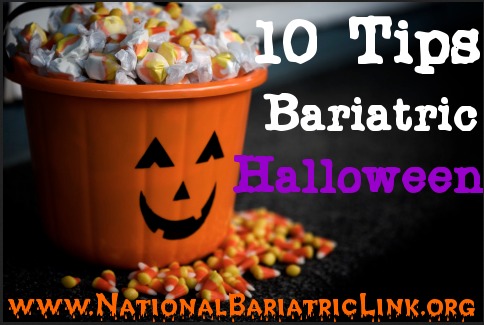
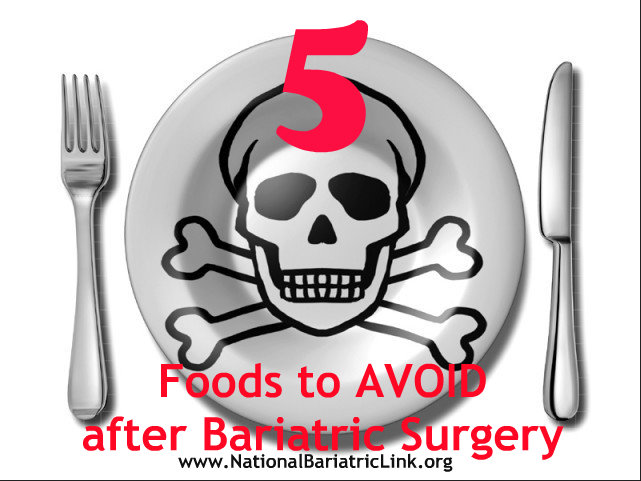
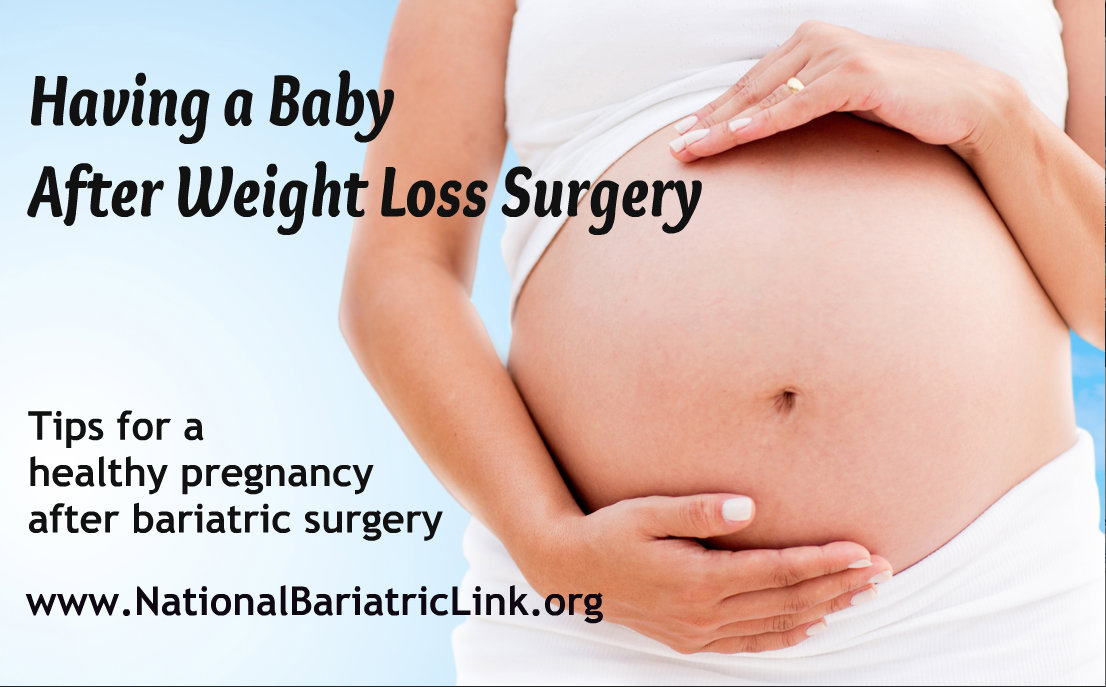
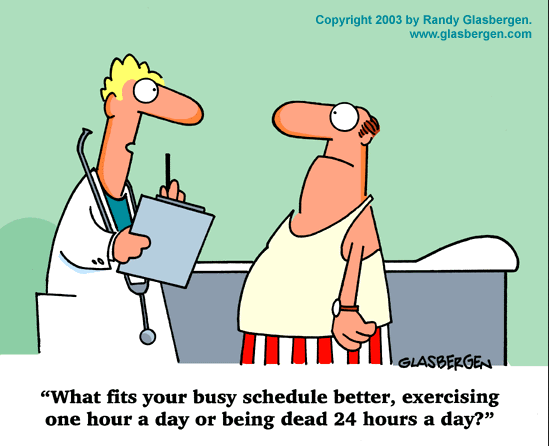
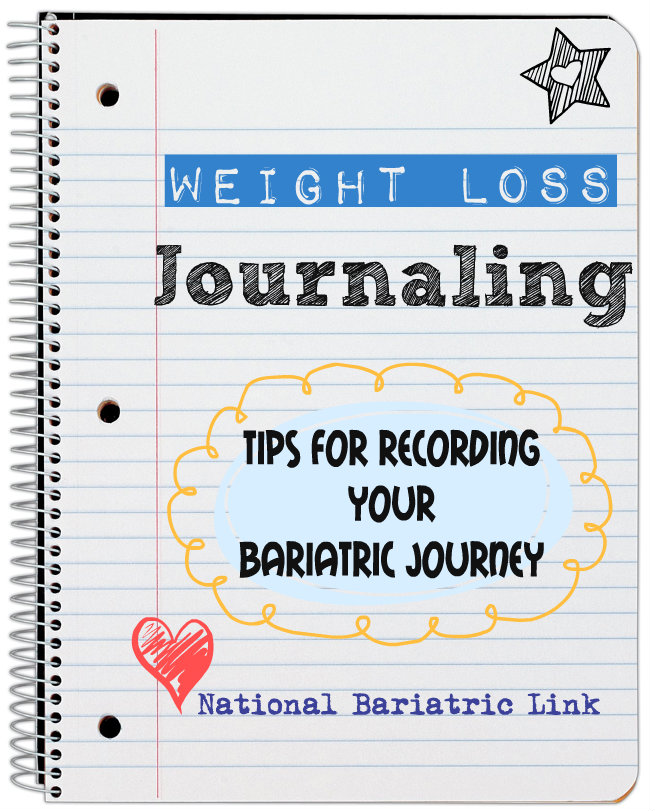 urnal or a blog, don’t shy away from cameras. Snap those before and afters with pride because you are dedicated to your journey.
urnal or a blog, don’t shy away from cameras. Snap those before and afters with pride because you are dedicated to your journey.

